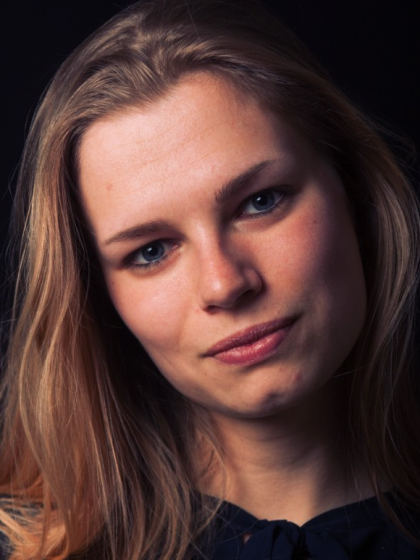M.E. (Mirjam) Deckers

Gunta Stölzl (1897-1983): Werkstatt from Germany to Switzerland
This dissertation offers the first comprehensive scholarly study of German-Swiss weaver Gunta Stölzl (1897-1983), extending well beyond her years as a student and Meisterin of the Bauhaus weaving workshop (1919-1931) to encompass her entire career. Challenging the conventions of the art-historical monograph – often centered on the autonomous (typically male) artistic genius and a canonized oeuvre – this study reconceptualizes the format by foregrounding the concept of ‘workshop life’. Here, the workshop (Werkstatt) is regarded not only as a physical site, but as a theoretical and methodological framework that emphasizes the distributed, collaborative, and material-specific processes of workshop-based making. Drawing on craft studies, actor-network theory, and material culture studies, the dissertation emphasizes making as a situated, dialogical, and embodied activity, where concept and execution unfold together. Stölzl’s work archive from her years as a workshop leader in Zurich (1931-1968), surviving in Groningen, serves as the primary research material, revealing a continuous practice of innovation ‘through the loom’.
Each chapter centers on one of the workshops where Stölzl’s career unfolded, attending to the affordances of specific tools, materials, spatial arrangements, collaborators, and to the pedagogical and commercial aspects of her weaving practice. This reframing allows for a shift from ‘oeuvre’ to ‘career’, and from individual authorship to a networked model of making involving both human and non-human actors. Ultimately, this dissertation transforms the traditional monograph into a polygraphic account of Stölzl’s multifaceted and collaborative career, thus offering a new paradigm for studying artists whose practices resist singularity and demand a materially grounded historiography.
